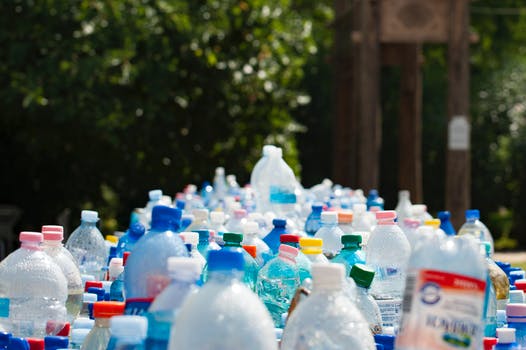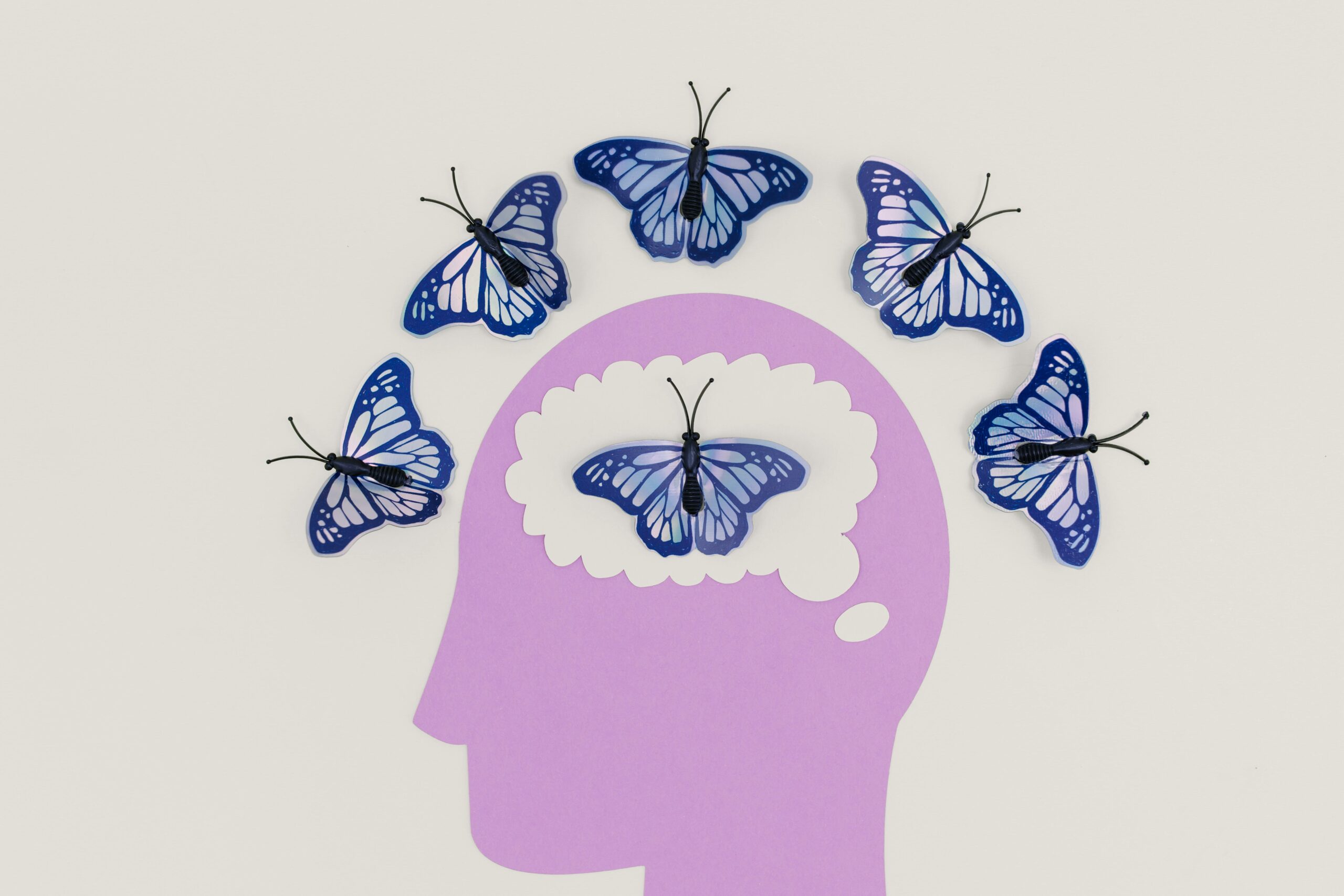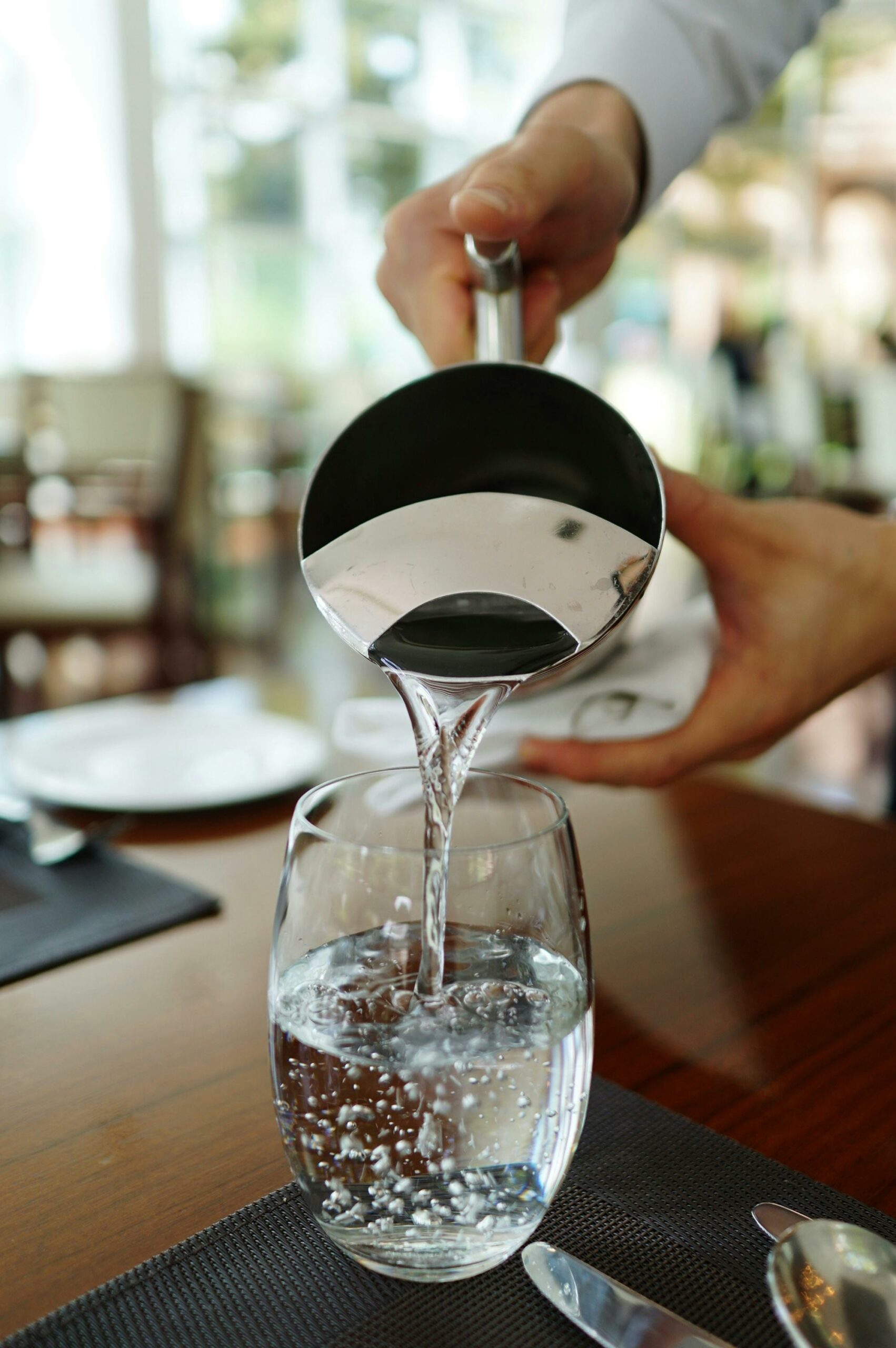Earth Day 2018: End Plastic Pollution……….. Countdown to April 22
Category: Healthy Home

As I was sorting my recycling today at the local recycle bins I thought about my own childhood and how that was not even in my radar to do. We were not then aware of how little things like recycling and using non-toxic products could help our planet (and our breathing space!) Chemicals were just then really becoming the norm to “super clean” our bathrooms, kitchen floors, etc. My mom loved her bleach and Ajax and all those super cleaners.
It wasn’t until much later that I discovered that toxins in our home really affected all of us. Now, fortunately, my grandchildren benefit. I love sharing everything I know about pollution, environmentally-safe products, recycling, etc. with as many families as I can.
Earth Day 2018’s Campaign is End Plastic Pollution
BE THE CHANGE
I have posted some interesting facts about plastics and their harm to our environment below that I discovered here on Earth Day’s website. (pretty scary stuff!) The numbers after each fact correlate with the source on their site. In looking over this list it made me aware of the small changes I can make every day to not contribute to the problem of plastic pollution.
| FACT #1 | In 2016, world plastics production totaled around 335 million metric tons.[1] Roughly half of the annual plastic production is destined for a single-use product.[2] |
| FACT #2 | Humans buy about 1,000,000 plastic bottles per minute in total.[3] Only about 23% of plastic bottles are recycled within the U.S.[4] |
| FACT #3 | Americans purchase about 50 billion water bottles per year, averaging about 13 bottles per month for every person in the U.S.! That means by using a reusable water bottle, you could save an average of 156 plastic bottles annually.[5] |
| FACT #4 | It is estimated that 4 trillion plastic bags are used worldwide annually. Only 1% of plastic bags are returned for recycling.[6] Americans throw away 100 billion plastic bags annually. That’s about 307 bags per person! All that waste can be eliminated by switching to reusable shopping bags.[7] |
| FACT #5 | Half a million straws are used in the world every day.[8] Refusing straws is becoming a trending practice! |
| FACT #6 | 500 billion disposable cups are consumed every year.[9] Americans alone throw away 25 billion styrofoam coffee cups every year. Styrofoam cannot be completely recycled. Most of the Styrofoam disposed of today will still be present in landfills 500 years from now.[10] |
| FACT #8 | The main cause for the increase in plastic production is plastic packaging. Plastic packaging was 42% of all non-fiber plastic produced in 2015, and it also made up 52% of plastics thrown away.1 |
| FACT #9 | Single-use-plastics frequently do not make it to a landfill or are recycled.[11] A full 32% of the 78 million tons of plastic packaging produced annually is left to flow into our oceans; the equivalent of pouring one garbage truck of plastic into the ocean every minute. This is expected to increase to two per minute by 2030 and four per minute by 2050. By 2050, this could mean there will be more plastic than fish in the world’s oceans.[12] Choosing to buy products with less packaging or no packaging altogether makes a big difference. |
| FACT #10 | Even when single-use plastics are sent to landfills (there are 3,091 active landfills in the U.S. alone), they aren’t harmless. Landfill liners can leak harmful pollutants into the watershed and plastics on the tops of landfills can be carried away by the wind.[13] The best way to curb single-use plastic pollution is to reduce your personal plastic consumption!3 |
To learn how much you may be unknowingly contributing to this plastic pollution, Earth Day has put together a calculator that can estimate how much plastic you are consuming each year. Go here for this information.
Earth Day Network is committed to proactively be part of the solution and has created a Plastic Pollution
Footprint Calculator, Personal Plastics Planner, and Footprint Tracker here. Through the use of these tools, you will be able to assess your current consumption of plastics, make a plan to reduce your plastic consumption, and track your progress as you make changes to shrink your plastic pollution footprint. A great place to begin to “Be The Change!”
“Never doubt that a small group of thoughtfully committed citizens can change
the world.
Indeed, it’s the only thing that ever has.”
Margaret Mead
“



Facebook Comments